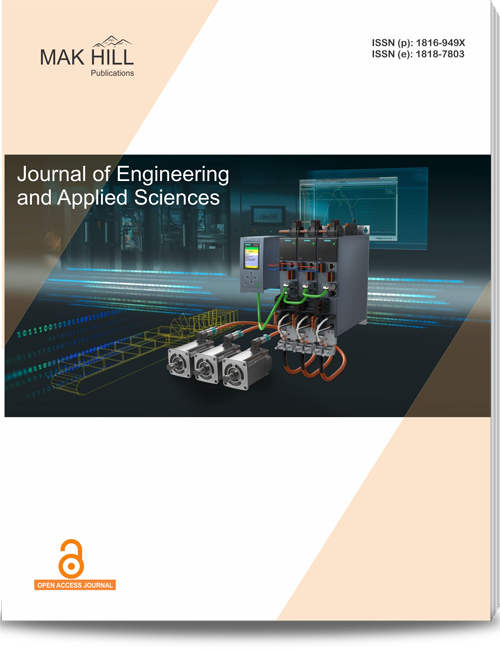
Journal of Engineering and Applied Sciences
ISSN: Online 1818-7803ISSN: Print 1816-949x
Abstract
In the national higher education shift towards nurturing holistic graduates with entrepreneurial mindset the basic course of entrepreneurship has since become a core and compulsory in all undergraduate programmes. The course was taught in the second year of a 4 years undergraduate Civil Engineering Technology programme. With only formative assessment adopted for the course, the cognitive domain assessment was based solely on the submission of 5 assignments and sitting of a single test in the 14 weeks semester. Both tasks were aligned to meet the course learning outcome with emphasis on knowledge acquisition, i.e., to explain the concept and fundamental tenets of entrepreneurship, levelled at tier 3 of the cognitive domain learning taxonomy which corresponds with ‘application’. The assignments and test were organized according to the sequential chapters of the course, helping students to gain understanding of the subject in tandem with and the learning of other core technical courses. Analysis of the cognitive task assessments showed areas of strength and weakness among the students with respect to entrepreneurial concepts, shedding light on the learning inclination and interest of technical students in a generic course as this.
How to cite this article:
Chee-Ming Chan, Alina Shamsuddin and Azeanita Suratkon. Cognitive Performance of Technical Students in an
Undergraduate Entrepreneurship Course.
DOI: https://doi.org/10.36478/jeasci.2018.275.281
URL: https://www.makhillpublications.co/view-article/1816-949x/jeasci.2018.275.281